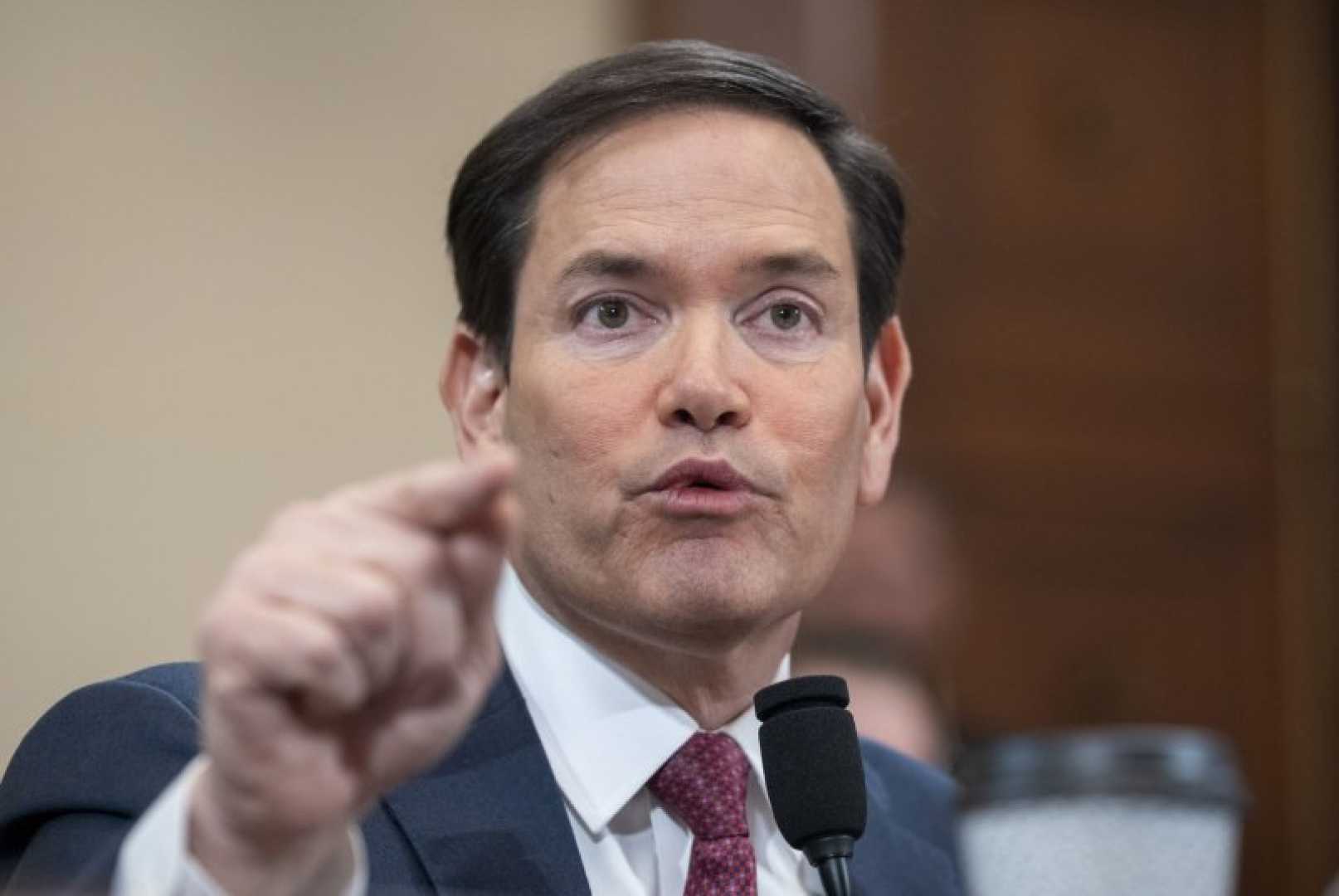News
U.S. Plans to Restrict Chinese Student Visas Amid Concerns of Talent Drain

WASHINGTON, D.C. – U.S. Secretary of State Marco Rubio announced midweek that the United States plans to “vigorously revoke” visas for Chinese students, especially those studying in critical fields or with ties to the Chinese Communist Party. Experts warn this move, part of the Trump administration‘s broader stance against international students, could drain U.S. scientific laboratories of top STEM talent and jeopardize cutting-edge research in areas like artificial intelligence.
“If your goal was to help in artificial intelligence, the first thing you would do is disrupt the flow of the best talent from around the world to this country,” said Helen Toner, director of strategy and research grants at Georgetown University’s Center for Security and Emerging Technology, speaking to WIRED. She noted that although the U.S. has only a quarter of China’s population, it has enjoyed a significant advantage in attracting global talent.
The U.S. Customs and Border Protection has begun collecting DNA samples from migrant children, which are entered into an FBI database to track them in case they commit crimes in the future. Close Trump allies, including Elon Musk, argue that attracting top engineers is essential for progress. However, more populist figures like chief political advisor Stephen Miller advocate for reducing immigration levels, seemingly at any cost.
“It’s almost funny because the White House has said that artificial intelligence is one of this country’s top priorities, but now they are trying to send home the people doing that kind of research,” stated Zilin Ma, a Chinese doctoral student studying AI interface at Harvard University, who has been in the crosshairs of this crusade against U.S. universities.
Rubio’s announcement came a day after the Department of State instructed U.S. embassies to temporarily suspend interview scheduling for all future international student applicants, regardless of their country of origin. The document, leaked to Politico, indicated that this pause would allow the Trump administration to consider expanding social media review procedures for visa applicants.
The Department of State has not responded to WIRED’s inquiries about changes to their student visa policies. In an unsigned email, the department’s press office stated they would not comment on internal communications and noted that since 2019, the U.S. government has required visa applicants to share social media account information.
Vincent Conitzer, a computer science expert in AI at Carnegie Mellon University, argues that the U.S.’s ability to attract the best talent has been a crucial asset for its technology industry, which is already facing growing international competition. “For a long time, the rest of the world has envied the U.S. for its ability to attract the best students,” he said. “That’s not to say we should not examine students wishing to come to the country, but they need to understand they will be treated fairly; otherwise, none will come in the first place, and that will severely affect the U.S. economy, its tech base, and so on.”
According to the National Center for Education Statistics, over 880,000 international students, mostly from India and China, enrolled in U.S. colleges and universities during the 2023-2024 academic year. This population is especially significant in STEM graduate programs; over 36% of master’s degrees and 46% of doctorates in STEM were awarded to international students in 2021-2022. In some U.S. universities, international students constitute the majority of doctoral candidates in departments such as computer science.
The National Foundation for American Policy reported that international students do not take educational opportunities away from Americans; instead, they create more slots overall. Researchers calculated that every additional doctorate awarded to an international student is associated with an additional doctorate granted to a domestic student.
Rebecca Willett, a professor at the University of Chicago focusing on the mathematical and statistical foundations of machine learning, emphasized that restricting student visas and reducing the number of foreigners studying computer science would profoundly impact the field in the U.S. “This risks exhausting a vital pool of skilled professionals, weakening the U.S. workforce, and jeopardizing the country’s position as a global leader in computing technology,” she said.
Mehran Sahami, director of the computer science department at Stanford University, labeled the changes in student visa policy as “counterproductive.” He declined to specify how many foreigners are enrolled in Stanford’s computer science program but acknowledged that their contributions have been significant over many decades. “It’s a way to attract the brightest minds to study in the U.S., and they end up contributing back to the economy,” he stated, voicing concerns that this talent may leave for other countries.
As the Trump administration works to curb the inflow of international students and dramatically cut federal research funding, governments and universities around the globe have launched elaborate campaigns to attract international students and scientists, eager to seize a rare opportunity to draw American talent.
“Countries like Hong Kong are trying to lure students from Harvard. Even the UK is creating scholarships for students. They see it as a brain gain. For us, it is a brain drain,” concluded Shaun Carver, executive director of International House, a residential center for students at the University of Berkeley.












